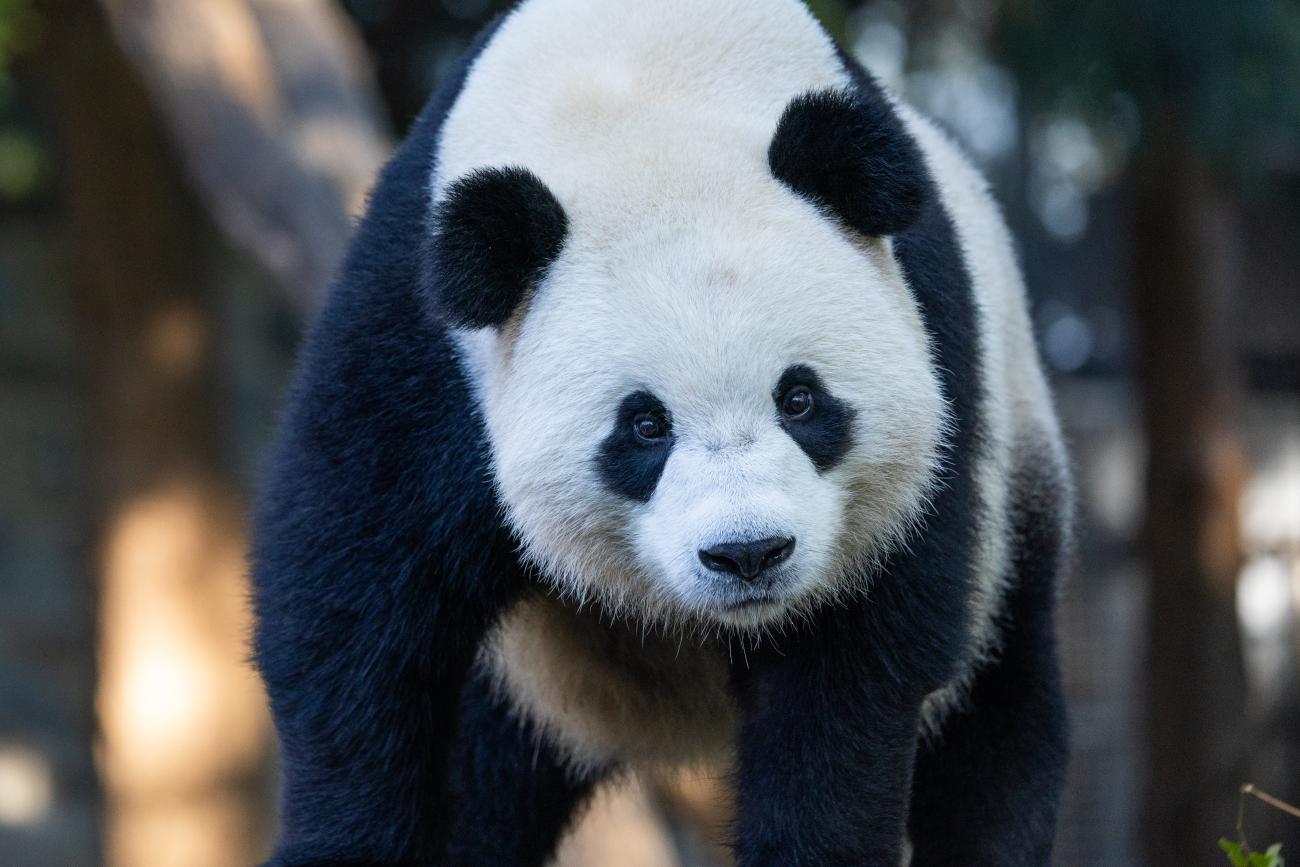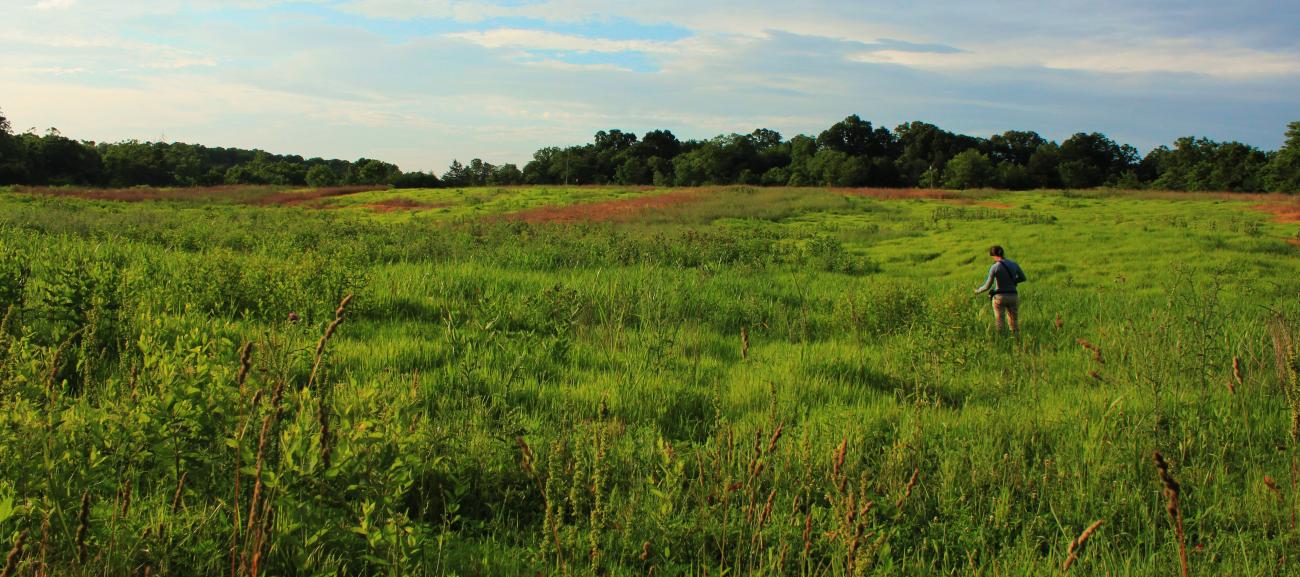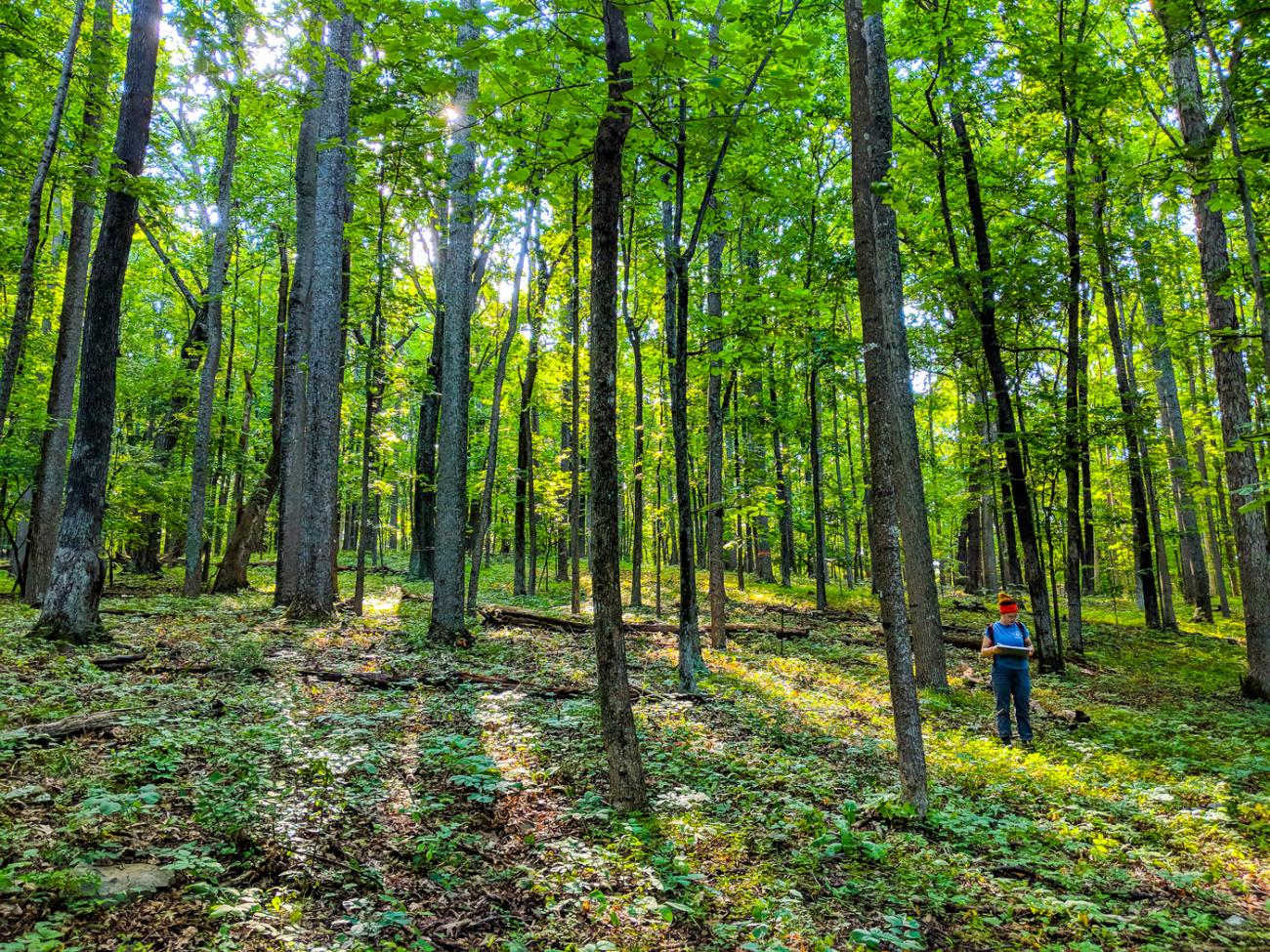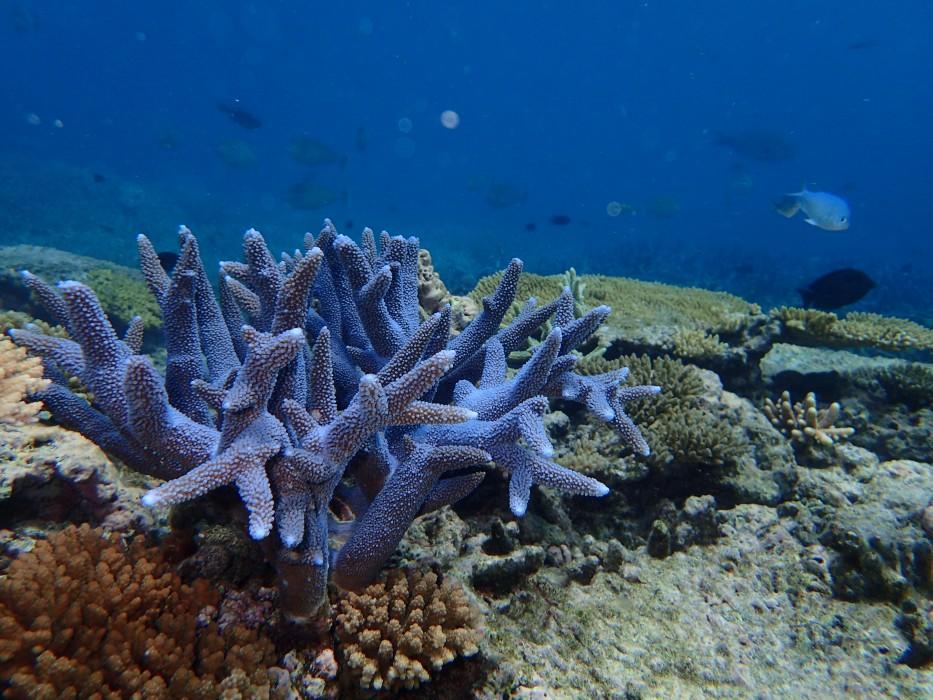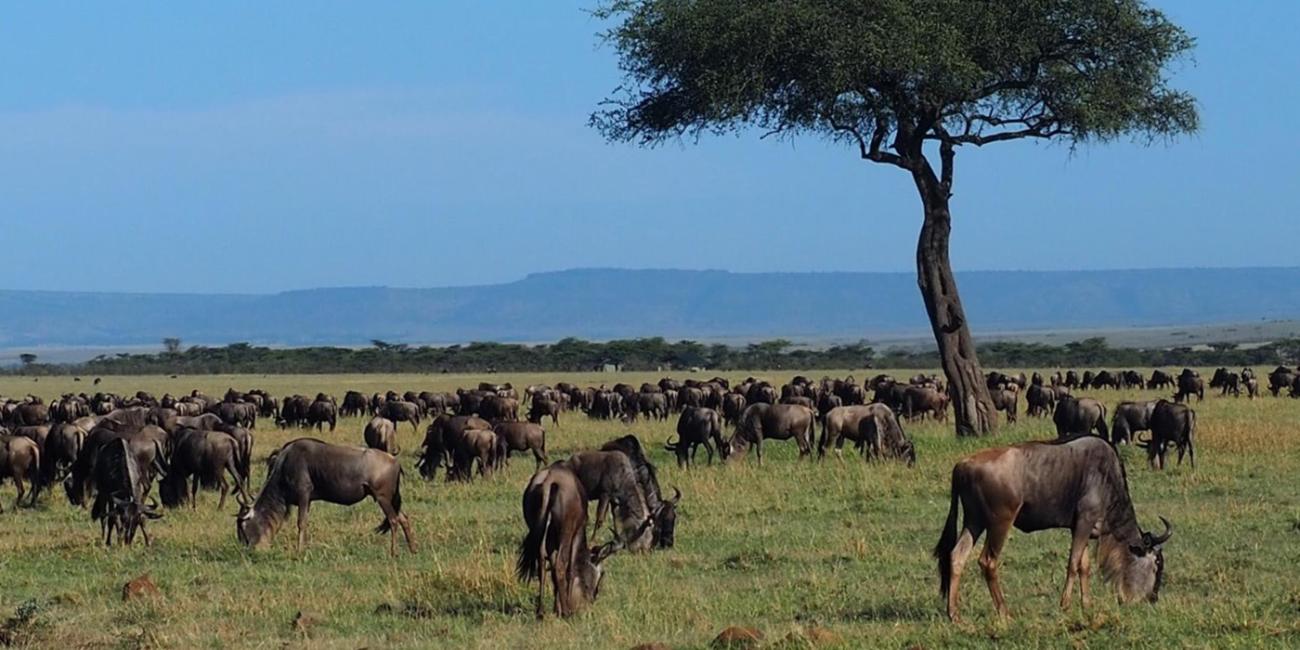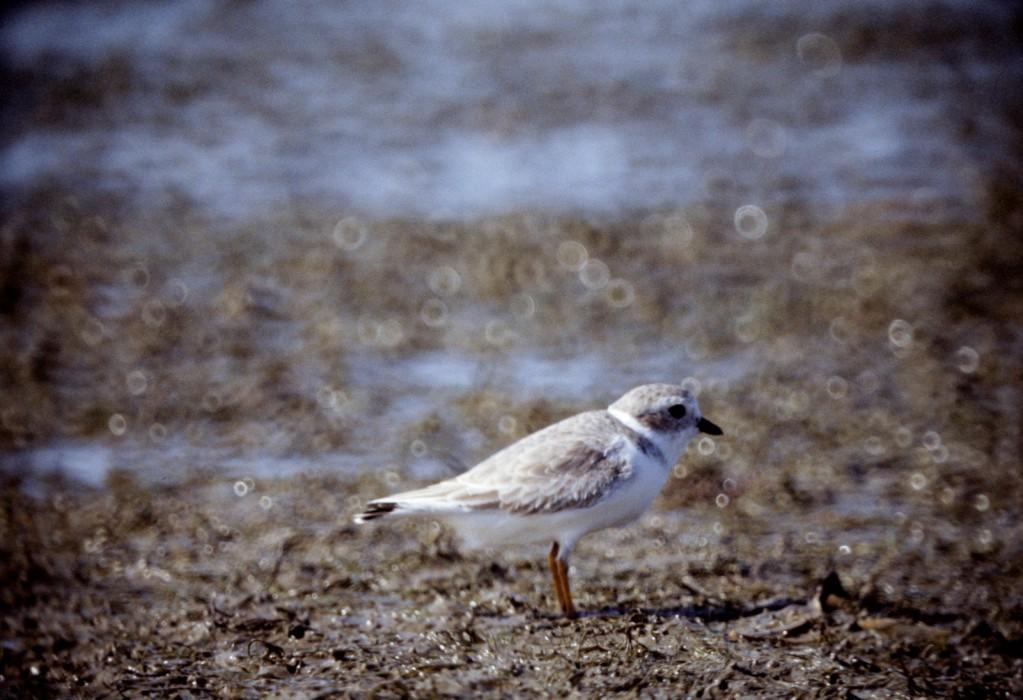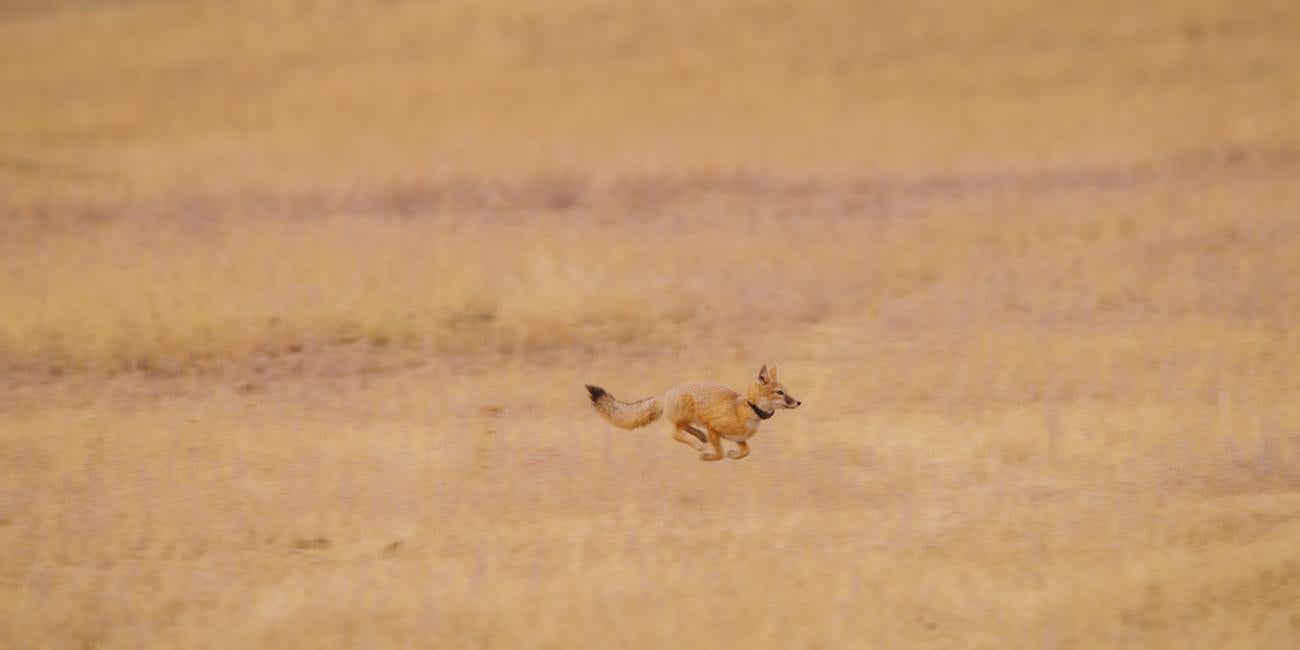Advancing Care in Panda Medicine in China
The Chengdu Research Base of Giant Panda Breeding, or Chengdu Panda Base, is a Chinese institution renowned for advances made in the propagation of giant pandas — one of the world’s most charismatic and endangered species.
Building upon CPB's long-standing relationship with the Smithsonian Conservation Biology Institute, the Global Health Program is bringing a new stage of in-depth training and advancement to CPB for the healthcare of giant pandas and red pandas.
The multi-year collaboration offers a more dynamic way for veterinarians to exchange knowledge through long-term, hands-on training in medicine, surgery, anesthesia, imaging and field healthcare for all captive specimens ranging from newborns to geriatrics.
Through this initiative, Global Health Program veterinarians will be stationed at the Chengdu Panda Base for several months at a time to help advance research in panda medicine through direct training, lecture series, workshops and skill building.

